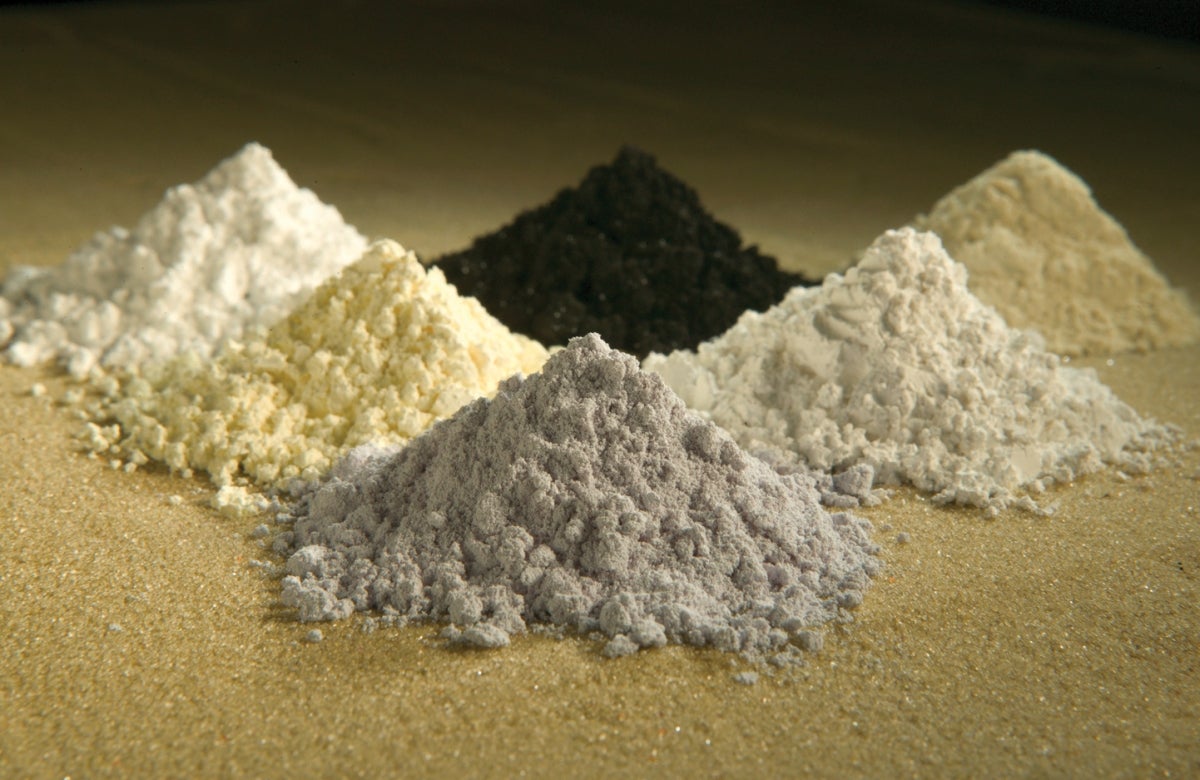The China-U.S trade war continues, and China is leveraging the manufacturing sector’s dependence on rare earth metal exports to sway the U.S. administration toward lifting tariffs and penalties levied against imports from the country.
Rare earth metals are used to manufacture popular items such as batteries used in electric vehicles, energy-efficient lighting and consumer electronics, such as televisions and smartphones. They are also used in advanced magnet technology for wind turbines on renewable energy farms.
Global demand for these products is rising, and industries that rely on these metals include medical devices, electronics, aerospace and defense, and automotive. Demand will continue to grow as renewable energy development picks up and green automobiles become more affordable to the average consumer. In particular, manufacturers that produce energy-efficient lighting, rechargeable batteries and other catalysts that rely on rare earth metals will need increased access to these materials.
This will also affect medical device companies who need clarity regarding the full composition of their products under the new European Union (EU) Medical Device Regulation. New developments in the production of surgical lasers, magnetic resonance imaging and positron emission tomography scintillation detectors make liberal use of rare metals.
Acquire the full material composition of your products with Assent’s FMD Solution, and find out how a shortage of rare earth metals would affect your company.
While rare earth minerals aren’t necessarily as scarce as their name suggests, China is a global leader in exports because it has access to deposits concentrated enough for extraction to be viable. So when the Chinese government hinted that it could halt exports as a retaliatory measure in the China-U.S. trade war, many business analysts and U.S.-based manufacturers began observing the dispute with great trepidation.
Rare earth metals have long been used to manufacture our electronics. In the mid-1960s, television manufacturers used europium as an essential material for the production of color images. At the time, the mineral was produced in the Mountain Pass Rare Earth Mine in California. However, from the 1980s to the early 1990s, China began exporting the mineral at a low price to put the American mine out of business. China has since raised prices on exports.
With the market for rare earth minerals becoming uncertain, researchers are looking for replacement substances. For example, U.S. researchers are exploring replacement technologies for the magnet systems that wind turbines rely on to produce green energy efficiently. In the absence of neodymium and samarium, which are used to create strong magnets, compounds high in iron or cobalt can be used to make near-magnet systems ferromagnetic. However, most sectors have yet to find realistic alternatives.
Assent’s Full Material Disclosure Module can help you prepare for the possibility of halted rare earth metals exports. It allows you to acquire data to show the full composition of your products to determine the extent to which these metals may be present in your products. The module is launched from the Assent Compliance Platform, enhancing your supply chain data management program with workflow automation, regulatory expertise and world-leading support.
For more information about how Assent can protect business continuity despite lost access to materials, contact our experts today.










